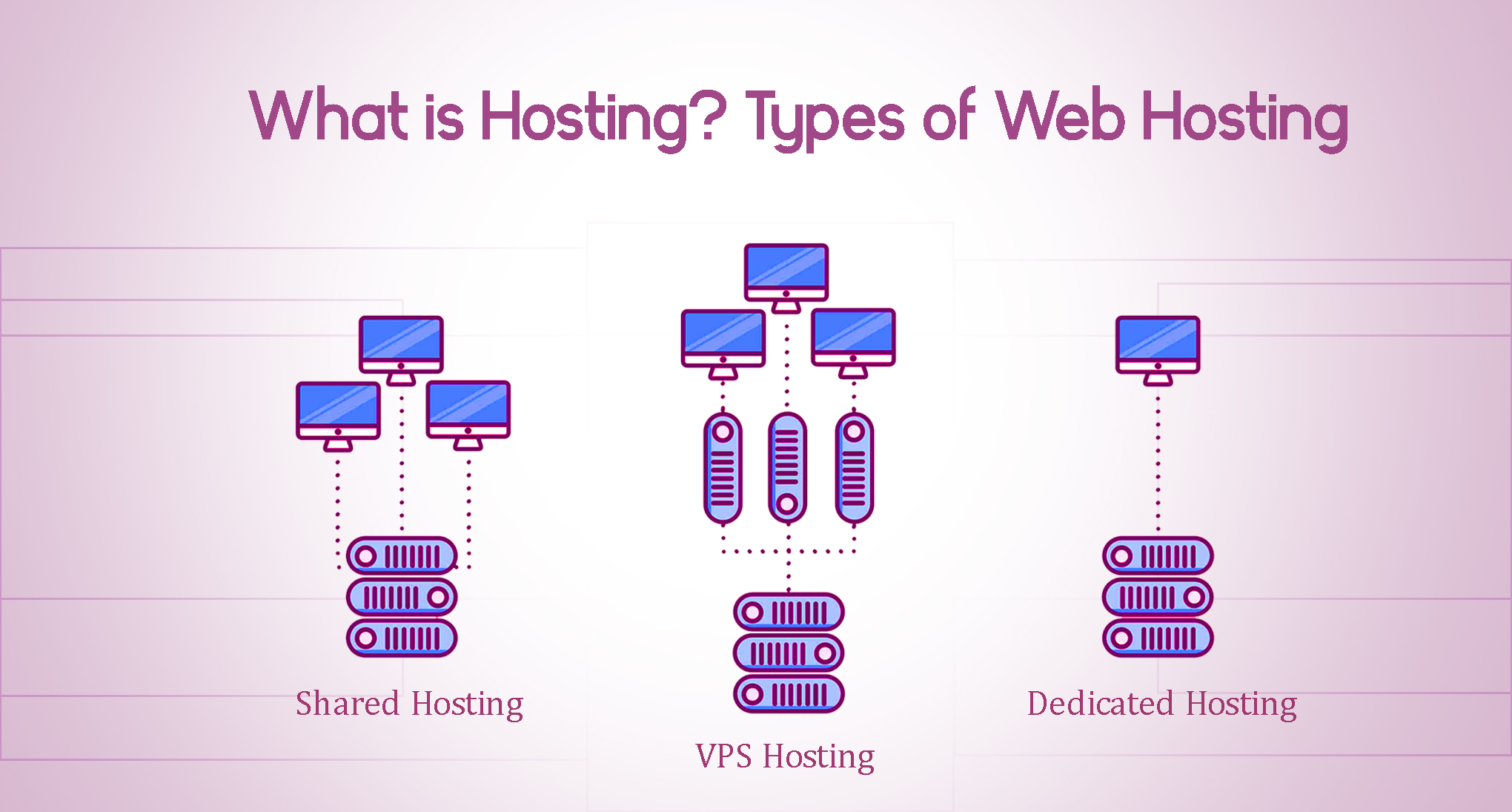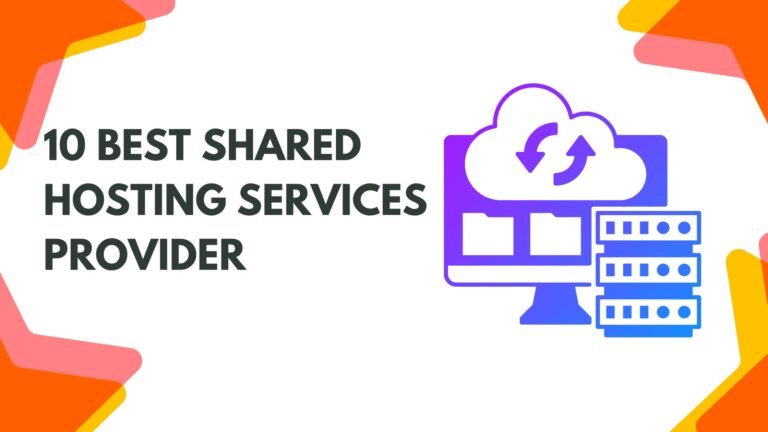Every business operates in a world of intense online competition. The complex structure of websites, applications, and services makes global accessibility a challenging but not impossible task. To make websites accessible worldwide, they need to be hosted on servers. This is where web hosting comes into play. In simple terms, web hosting is a service that enables organizations or individuals to make their website or web page accessible on the internet, a crucial aspect of online business.
A website is essential for a new startup business to increase its users and for well-branded companies to keep their clients. When you create a website, you need to store all the files and data that make up your site so visitors can access it more easily online. Web hosting companies provide these storage spaces and related services in various options. In this article, we explore and learn more about the most popular web hosting types.
Types of Web Hosting
In web hosting, you can find various types of hosting solutions, and each is designed to meet different needs and requirements. And we can look in-depth at the most popular types:
Shared hosting, among other options, including the popular and budget-friendly Linux shared hosting, is a common choice for beginners and small website holders. As the name suggests, shared hosting works so that multiple websites share a physical server and its resources like CPU, RAM, and storage. This method of sharing resources keeps costs low.
Pros of Shared Hosting
- Ease of use: Shared Hosting often comes with user-friendly control panels like cPanel. These panels help the holders manage the website more easily.
- Maintenance: One of the benefits of Shared Hosting is that the hosting provider manages every security update and server maintenance. This reduces the number of overloaded tasks for website holders.
Virtual Private Server (VPS) Hosting:
Virtual Private Server hosting is an upgrade from shared hosting. In VPS hosting, the process involves partitioning a single physical server into multiple virtual servers. With its dedicated resources like CPU, RAM, and storage, each virtual server operates independently. In short, VPS Hosting is a replica of a dedicated server within a shared environment.
Pros of VPS Hosting:
- Performance: With the dedicated resources, you can achieve better performance and reliability with this hosting solution.
- Control: In VPS Hosting, users have root access to their virtual server. It allows them to control advanced configurations and do preferable customizations with freedom.
Dedicated Hosting
With Dedicated Hosting, you can rent an entire physical server exclusively for your website. This hosting solution offers the highest level of performance, control, and security for your dedicated server, but it comes with a higher cost compared with other solutions.
Pros of Dedicated Hosting:
- Exclusive Resources: Unlike shared hosting, you have entire server resources dedicated to your site.
- Control: You have the entire server for your usage and can completely control the entire server settings and configurations.
Cloud Hosting:
Cloud hosting is different from other hosting solutions. Instead of relying on a single server, cloud hosting utilizes multiple servers to balance the load and increase the website’s uptime. Your website draws resources from a network of servers rather than a single server, which makes it perform more efficiently. Cloud hosting is also highly scalable and reliable.
Pros of Cloud Hosting:
- Scalability: As one of the key features, you can easily scale the resources up or down as you prefer for website performance.
- Performance: Using resources from a network of servers than a single server helps to improve performance and resource distribution for efficiency.
Managed Hosting:
Managed Hosting often refers to managing services for specific resources. The hosting provider handles all technical aspects and supports server management, maintenance, and updates. This lets website owners focus on their business and site content without worrying about backend operations.
Pros of Managed Hosting:
- Convenience: All server-related tasks will be handled by the hosting provider, which allows the website holder to focus more time and resources on his business development.
- Support: While the hosting providers handle every task, you can clarify any server-related queries by contacting their support. This gives you a better understanding of the process.
WordPress Hosting:
WordPress Hosting is special from other hosting solutions. It is optimized explicitly for WordPress Websites, allowing WordPress site holders to access features more quickly. It has exclusive features like one-click WordPress installs, automatic updates, and robust security measures tailored to WordPress Sites.
Pros of WordPress Hosting:
- Optimization: This hosting solution provides an environment specifically optimized for WordPress, which improves its performance and security without any flaws.
- Ease of Use: In WordPress Hosting, you have features of updates to solidify the security and have one-click installations. You can also consult expert support for WordPress issues and faster resolution.
Conclusion
To successfully launch a personal blog or small business, you must first understand the different types of web hosting. This knowledge will empower you to choose the most suitable and affordable web hosting solution. While each hosting solution differs from the others, choosing the best one tailored to your needs is essential. Evaluate every requirement budget, feature each hosting type offers, and choose the best one for your online presence to be efficient and worry-free.




